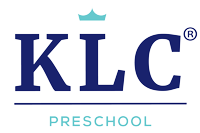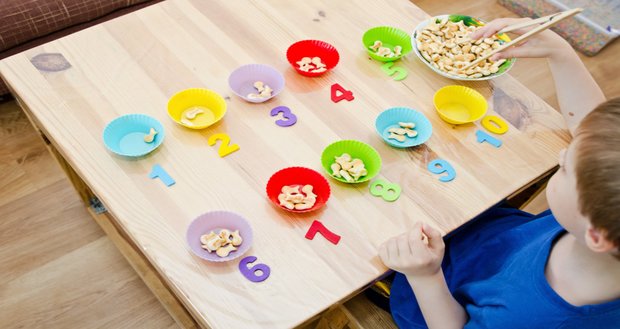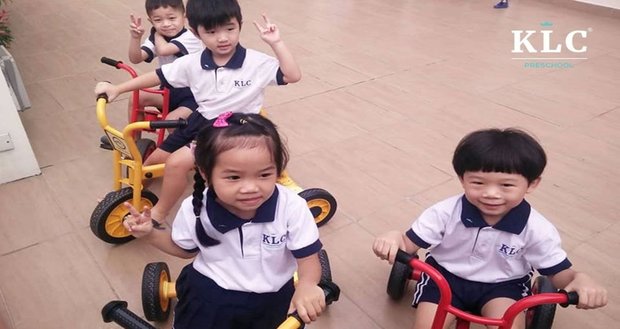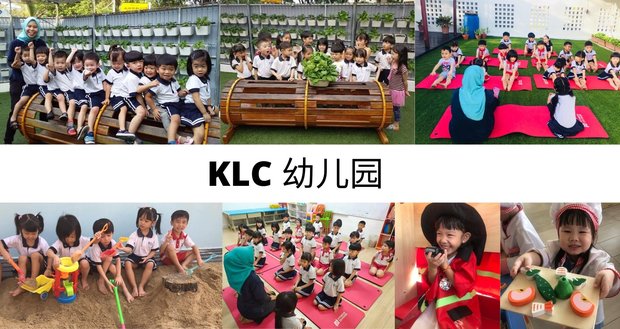10 Tips for choosing a preschool or child care centre
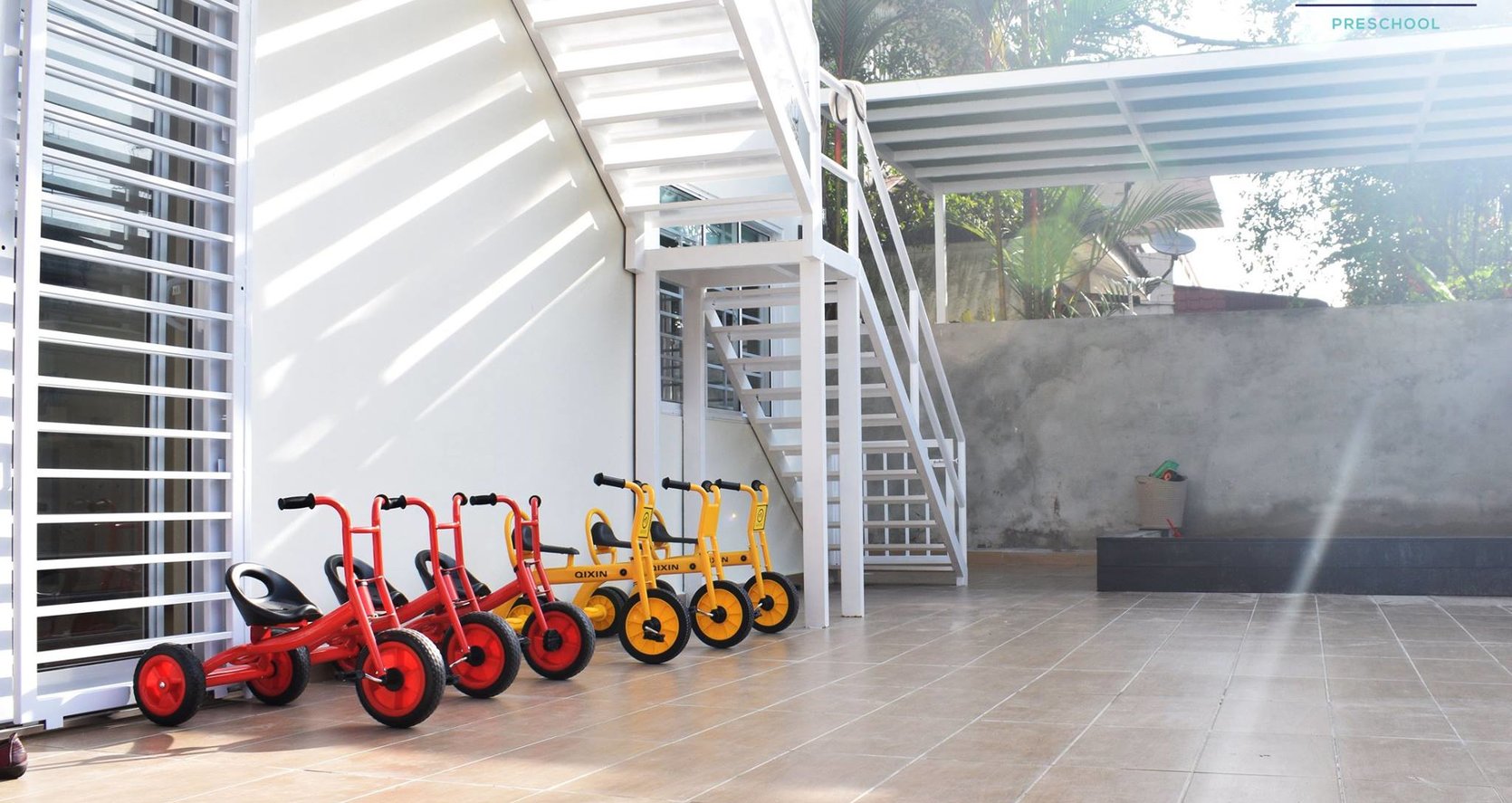
School is about to start and many parents are wondering what to do with their little ones. How can you tell if a preschool is the right one when your child hasn’t been to school before? And what daycare center is good, if your kid can’t really express himself well?
School is about to start and many parents are wondering what to do with their little ones. How can you tell if a preschool is the right one when your child hasn’t been to school before? And what daycare center is good, if your kid can’t really express himself well?
- Even if you have differing opinions about whether you want them in school for socialization opportunities, a good educational foundation or simply for child care, the “criteria for choosing a preschool or child care center are largely the same”. The final decision should be based on a what a parent observes from a tour of the center.
Is it in good repair?
Notice the center or school’s overall curb appeal. Are the playground fences in good repair or falling down? Would you want your child riding in their van or bus?
- Is it clean?
Any place that serves young children is going to have a certain amount of paint spills and disorder; but cobwebs in the corner or restrooms that don’t look or smell sanitary are a red flag.
- Is it safe?
The concept of safety is broad and can encompass everything from broken equipment that could be dangerous, to methods of safeguarding against intruders (such as a coded entry system), to a sense of emotional well-being. The bottom line question parents must ask is would I feel comfortable leaving my child here?
INTERACTIONS AND RELATIONSHIPS
- Do the people and spaces seem friendly and welcoming?
Do the staff members seem genuinely glad to see you? Is the office area inviting, yet professional? Do the hallways boast examples of children’s art or photos of the children themselves?
- How do staff members interact with the children?
Notice the manner in which teachers interact with students. Do they speak with children eye to eye or are they always towering above them? Look for signs of positive discipline strategies, such as re-directing behavior or emphasizing appropriate behavior. If you see an infant crying or an older child upset, is the child being comforted or left alone?
- How does the staff, including teachers, communicate with parents?
What types of communication tools—such as posted lesson plans, schedules and menus, web or social media sites, curriculum information, newsletters — does the school/center offer? Are there opportunities for parents to volunteer and take part in the life of the school?
- Are the children interacting with one another?
Do you see any examples of cooperative learning, that is, children working together to complete a task? Do you hear conversation and laughter? Children tend to retain knowledge and skills learned with peers and they expand their language and vocabulary skills through their interactions with others.
- Do the children seem to be having fun?
Do children seem to be engaged in purposeful activities, or do they seem to be wandering around? Even worse, are they expected to sit at desks or tables for long periods of time? Would you want to play on their playground? Preschool experiences shape a child’s perceptions of what school is like, and at this young age, it should be both fun and exciting.
- Are the classroom activities designed to be hands-on and integrated?
Preschoolers are not merely middle schoolers, or even elementary schoolers, in a smaller form. Hands-on and energetic activities are essential to a young child’s development. Thematic teaching, when combined with the use of real-life objects, authentic experiences and a wide variety learning materials, helps a child understand the world around him and forms the building blocks of the brain in a way that worksheets and lectures are unable to do.
- Assessment?
How does the school communicate your child’s growth and progress? Do the center’s assessment procedures include communication with parents throughout the year? Do they include indicators of a child’s progress in academic areas alone; or do they also focus on critical developmental areas such as social and emotional growth and physical skills development?
Obviously, you will have your own ideas and checklist as well. If your gut is saying it’s not the right place for your child, your gut is probably right. Take heed and work to find the right situation.
